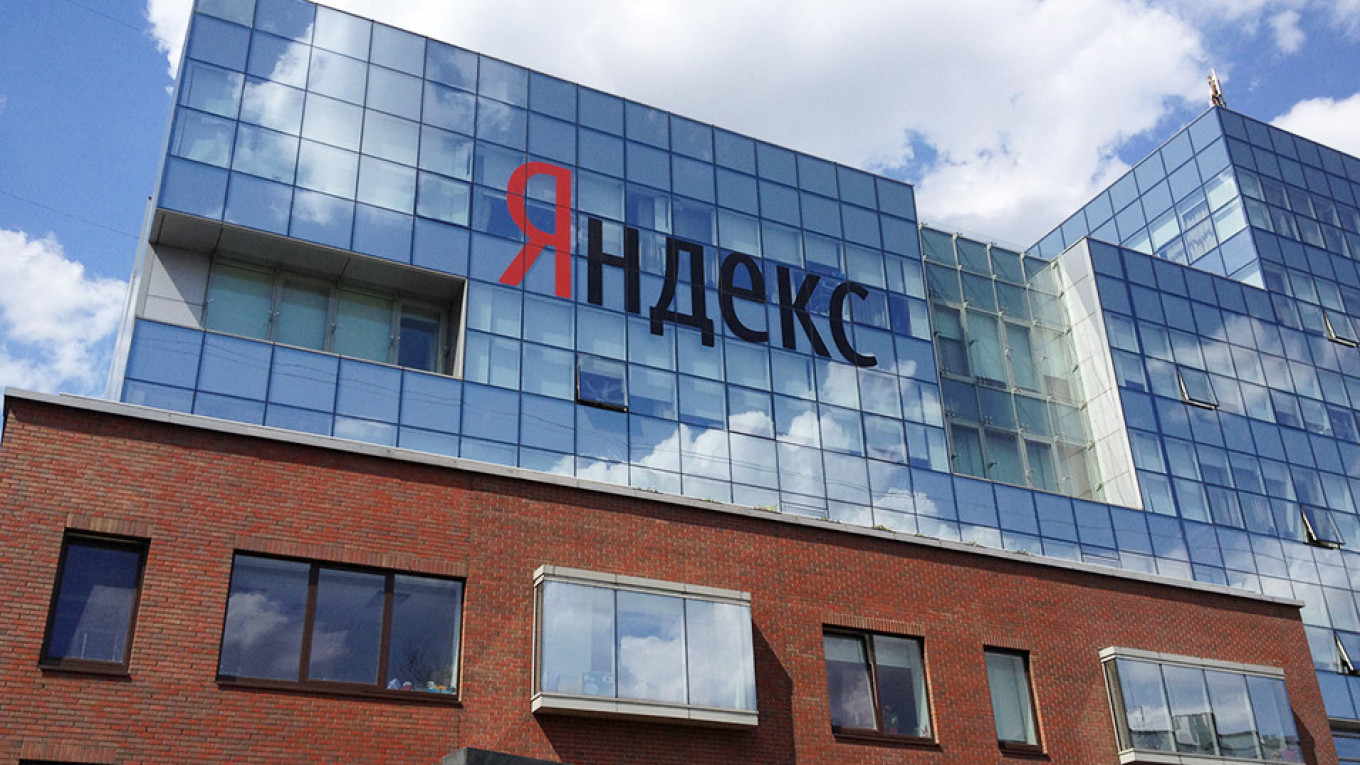
A draft law proposing to limit foreign ownership in ‘significant’ Russian technology firms to 20% is not aimed at making its top search engine Yandex state-owned, the lawmaker behind the idea, Anton Gorelkin, said.
The draft law, submitted to Russia’s lower house of parliament, the Duma, in late July, proposes limiting foreign ownership in internet firms to 20% if they are considered by a special commission to be a “significant source of information.”
The draft, prepared by Gorelkin, raised concerns it would damage the ability of Russian companies to compete globally. It has attracted criticism from several sides, including from the companies themselves.
“I believe that Yandex should not be state-owned, but it should be Russian,” Gorelkin said. “Not only Yandex, but all the companies that are systemically important for our IT market.”
The proposal concerns only the companies for which the Russian market is core, which means, if approved, it would not affect Facebook or Google, Gorelkin said.
“Facebook has about 20 million users in Russia, and Yandex has about 100 million,” Gorelkin said. “We are talking about companies focused on Russia — this would concern neither Google, nor Facebook.”
The draft law may impact three to five key players in the Russian IT sector, he said, without naming them.
Along with Yandex, Russian internet group Mail.Ru, which owns social networks VKontakte and Odnoklassniki, warned against adopting the law in its form as of late July.
Critics say Russian authorities have over recent years taken steps to tighten control of the internet, threatening to stifle individual and corporate freedom.
But the Kremlin says it is trying to protect the integrity of the internet’s Russian-language segment.
Yandex, with over 30 offices globally, has been listed on the NASDAQ since 2011. Its services include food delivery and a ride-sharing business with Uber in Russia, Armenia, Azerbaijan, Belarus, Georgia and Kazakhstan, among others.
“Yandex.Money is the leader of our financial digital sector, and Yandex Taxi is the leader among transport services. Where is the guarantee that tomorrow a foreign investor will not decide, for example, to close or to restructure the project?” Gorelkin told Reuters.
In 2018, the Duma approved in a first reading a bill to limit foreign ownership in online news aggregators to 20%.
A total of three readings, an approval from the upper house of parliament and a sign-off by President Vladimir Putin are needed for a proposal to become a law.
Gorelkin said he had stuck to the 80 to 20 ratio of domestic to foreign ownership — which means a foreign individual or entity would not have a right to control more than a fifth of a company’s voting rights — for his draft bill on internet firms.
However, that may change, he said. “We are ready to discuss and rework,” he said, adding that talks with market players are scheduled for September.
Yandex N.V., the parent company of Yandex Group, is registered in the Netherlands. Chief Executive Arkady Volozh holds 48.41% of the voting rights in the company, according to Yandex’s annual report.
“We want Yandex to be Russian, and registered in Russia, not in the Netherlands,” Gorelkin said. However, he said he is unconcerned whether Volozh himself has other citizenship apart from Russian.
“That is his personal business,” Gorelkin said, adding that Russian legislation does not prohibit holding citizenship of a different country.
